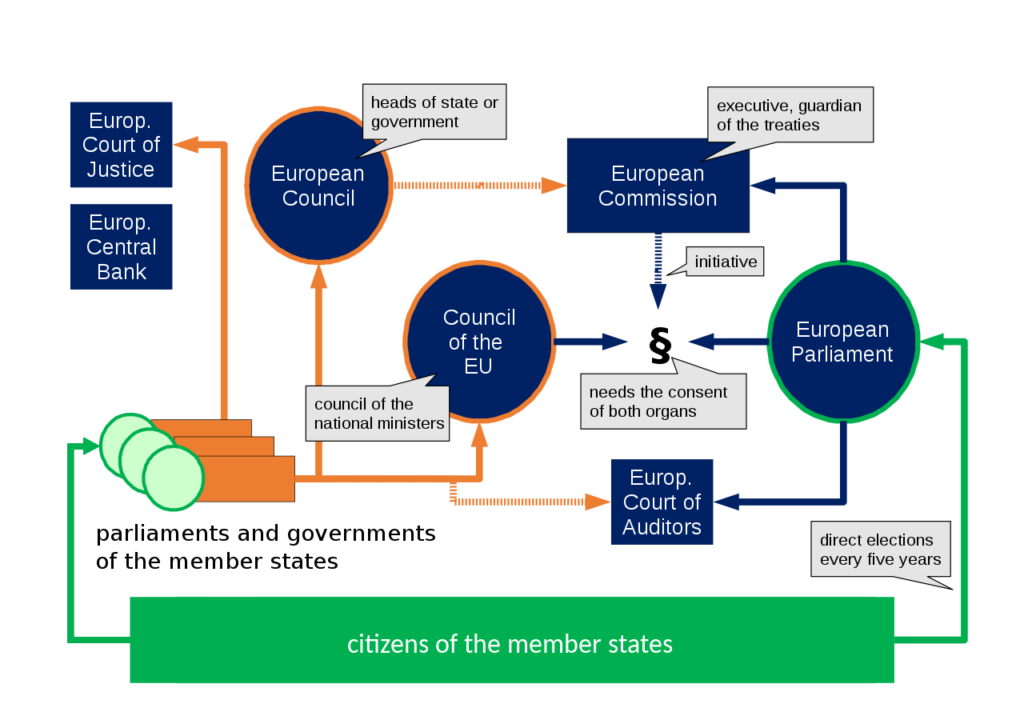As I listen to the complaints about elections, they are about the following.
(1) There is a concern that there are various schemes used to discriminate as to who can vote, or to disqualify votes.
(2) There is a concern that those who have the most money contributions tend to win elections.
(3) There is concern that the media are controlled by the rich, and sway the public with their propaganda.
To offset these problems, the proposed solution for (1), is to extend the vote and to prevent tampering with vote counting; for (2), to limit contributions; for (3), to extend the access to media (as, in fact, the internet has done.)
And the most ambitious proposal is directed at educating the public in critical thinking. For example, this was the aim of Susan Stebbing’s book Thinking to Some Purpose,1939.
Her reasoning was this: Democracy relies on the judgment of the public. Therefore, the public must be trained in critical thinking, if democracy is to be effective.
Stebbing’s book is a call for the need for rational thinking, and I have no quarrel with that. And if we assume that we must work within the democratic institutions as they exist, then, yes, I agree with her prescriptions for educating the public in critical thinking.
All these proposals are on how to ameliorate the workings of the existing (macro) democracy.
I am skeptical that any of these measures — if they could be carried out — would work. Concerning the extent of the vote, women suffragettes agitated for the vote, and when they got it, nothing changed. As to limiting campaign contributions, this will not solve the problem of where the candidates come from or who they are. The public will continue to choose between a Tweedle-dee and a Tweedle-dum. As to the media, money will always be able to capture the audience with better entertainment. As to educating the public to become critical thinkers — that’s just wishful thinking.
What is my alternative?
All the above proposals are about how to work within the present institutions of government. My proposal is that we need to change the institutions of government. We should not be thinking how to change people so that they work within the present institution; rather, we should be thinking how to change the institutions to comply with the nature of people, as they are.
What Stebbing and others miss is that democracy does not have to take the form it has in either England or in the United States. It can take the form, for example, of Swiss democracy. Switzerland, for one, does not have a single leader such as a president or a prime minister; instead it has a Federal Council compose of seven individuals, nominated by four political parties, and conferred by their parliament. In this way it avoids, at least, the institution of a macro election of the executive. In general, Switzerland avoids placing any executive office in the hands of one person, and prefers councils.
Although Switzerland’s democracy is much better than anywhere else, it still relies on macro-democratic practices in electing representatives, and in voting in initiatives and referendums — though I think it is better to have them than not.
My ideal government would be a micro-democracy, in which the unit of government would be a community of some 150 individuals, who elect a council or councils for various purposes, and these councils send delegates to higher level councils. This is the ideal of anarchist communities, as espoused by, for example, Peter Kropotkin and Noam Chomsky.
There are two contemporary authors who have produced similar ideas in modern dress. One is Michael Albert, who has written on participatory economics or Parecon. — The following is a criticism of the writings of Michael Albert for neglecting the writings of anarchists (reinventing the wheel?): The Flawed Vision of Hahnel and Albert. A Critique of “Parecon” for Anarchists — Nov/ 12, 2912, Boston Anarchist Book Fair. Simmons College
Also, see his criticism of Parecon in Getting Free, 2007, p. 130. pdf file
The other is Stephen Shalom, who has written on participatory politics or Parpolity. See: Imagining Self-Governance against Predatory Capitalism and a Centralized State

